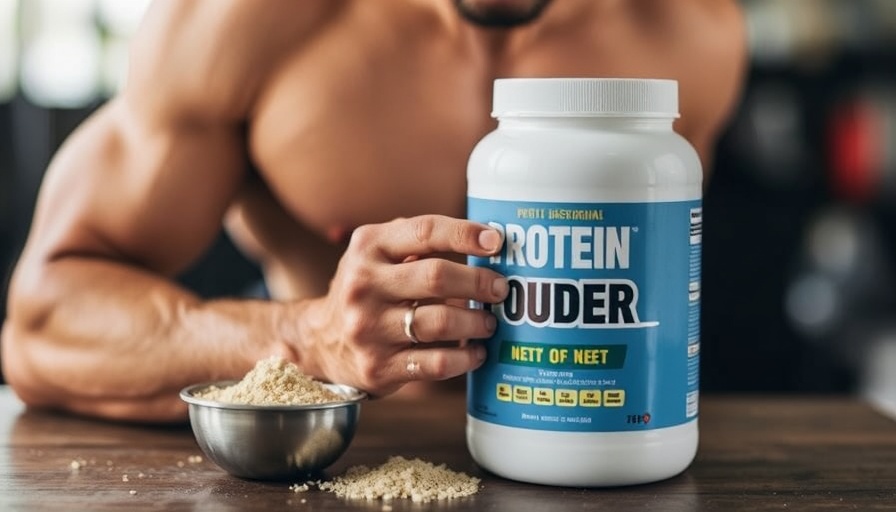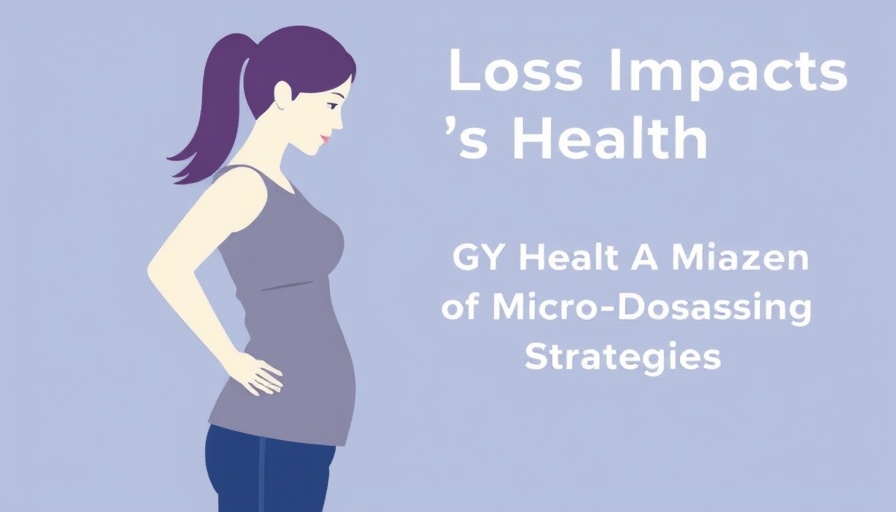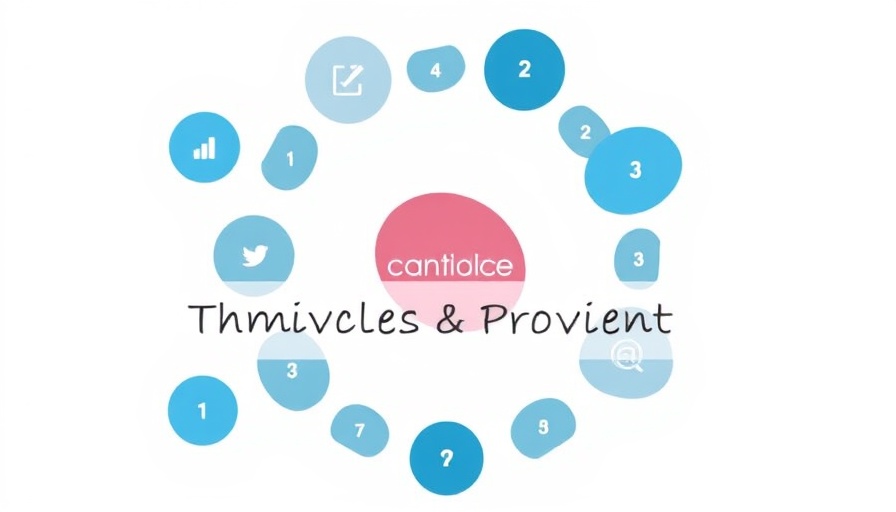
The Underlying Truth: Women, Hormones, and Health
In today’s health-focused culture, terms like "protein powders" are commonly discussed, championed by fitness enthusiasts and the health-conscious alike. Yet, there’s another powerful hormone that often flies under the radar: testosterone. Despite its profound impact on both men and women, it's time society acknowledges the elephant in the room — or rather, the hormone in the discussion — and the uncertainty surrounding its role, particularly in women’s health.
Shattering Misconceptions about Testosterone
While protein powders are widely celebrated as a dietary supplement in fitness regimens, testosterone remains shrouded in confusion and stigma. Many mistakenly assume that testosterone is exclusively a "male hormone," neglecting the fact that women produce it as well, albeit in smaller amounts. This misunderstanding can lead to significant gaps in women’s health discussions, particularly as they age.
The reality is that testosterone plays several crucial roles, including supporting muscle mass, bone density, and even promoting better mood and energy levels. Acknowledging testosterone's significance can empower women to understand their health better, particularly as they navigate phases like menopause where hormone levels fluctuate dramatically.
The Impact of Menopause on Hormonal Balance
Menopause marks a pivotal transition in a woman's life, often accompanied by a decline in hormones such as estrogen and testosterone. This decline can lead to various health issues such as weakened bones, increased body fat, and diminished sexual function. Surprisingly, testosterone therapy, which has been shown to offer considerable benefits, remains a controversial topic. Women may shy away from discussing it, fearing societal stigma attached to taking hormones, or misunderstanding their potential efficacy and safety.
Understanding how menopause affects hormonal balances can help normalize discussions about testosterone and encourage women to seek necessary treatment options.
Why We Talk About Protein
Protein powders capture our attention for their role in enhancing physical performance and aiding post-workout recovery. Social media influencers and fitness trainers often promote these supplements as essential components of a healthy lifestyle. They discuss macronutrients and protein intake with passion — often leaving out vital conversations about hormonal health.
In contrast, discussions surrounding testosterone might provoke discomfort or fear, pushing both health enthusiasts and casual observers to steer clear of the topic. This disparity emphasizes a crucial cultural issue: the normalization of protein conversations versus the taboo around hormonal discussions — particularly in women's health.
Future Trends: Open Dialogue on Hormonal Health
If we hope to move toward a future where health discussions are candid and comprehensive, it's essential to encourage an open dialogue about hormones, including testosterone. The tide appears to be shifting slowly; as the health community becomes more aware of the importance of balanced hormones, integrating testosterone therapy into women’s health discussions could become widely accepted.
Prominent women's health advocates, including healthcare providers, nutritionists, and influencers, need to promote awareness surrounding hormones and their role in holistic health. As more research emerges, insights into testosterone’s positive outcomes for women will help illuminate its relevance in health discussions.
Encouraging Action: Breaking the Silence
It's critical for women to challenge the long-held narratives surrounding hormonal health. By fostering knowledge and understanding through education and information sharing, women can reclaim conversations about their bodies, ensuring they receive comprehensive care.
Societal acceptance begins with awareness. Those in the media must take up the mantle to bridge the gap in conversation, advocating for a balanced understanding of nutrition and hormonal health. Ensuring both protein powders and testosterone therapy get the attention they deserve will empower women to make informed health decisions.
 Add Row
Add Row  Add
Add 



Write A Comment